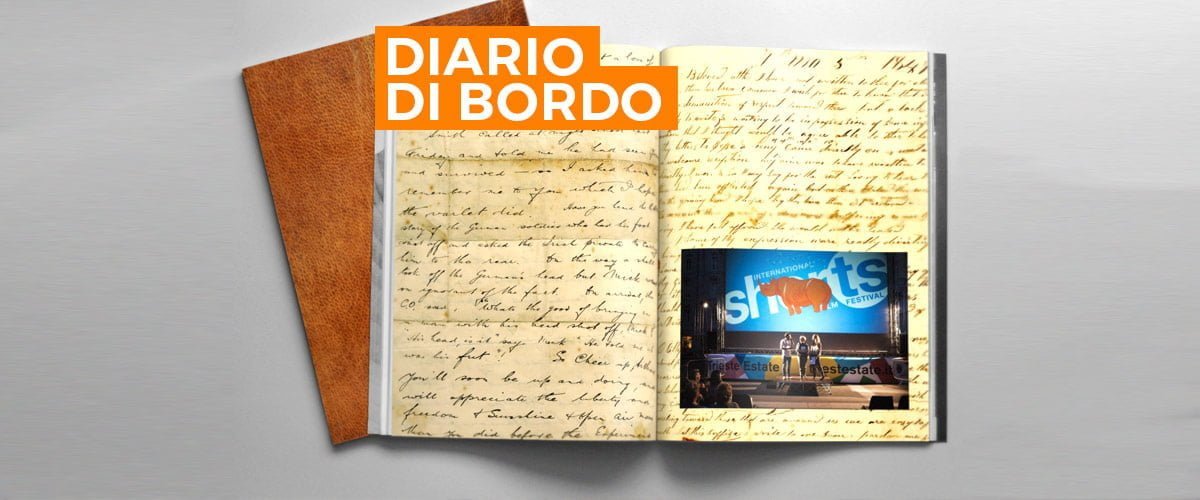COM STAMPA 6 luglio
The ShorTS international festival opens Wednesday 6th July with the second, conclusive part of SweeTS4Kids, the section dedicated to shorts for a younger audience, from 18:00 at Cinema Ariston. 20:00 will see the continuation of the homage to Andrea Segre, the documentary maker par excellence who, with narrative coherence and geopolitical depth, analyses journeys/processes in which Italy’s past, as well as the pasts of other countries, crumbles into an uncertain future. The documentaries screened will be Mare chiuso, which won two such prestigious awards as the Premio Vittorio De seta and the Globo d’Oro della Stampa Estera, and Il sangue verde, a 2010 documentary about the furious protests of immigrants in Rosarno, Calabria, which laid bare the degrading conditions and the injustice in which thousands of African day-labourers live every day.
And there are still some places available for the Realmente liberi workshop with Andrea Segre, which takes place over two days: tomorrow – Thursday 7th July – and Friday 8th July. The workshop is about the narrators, workers and techniques involved in making “truthful cinema”; how, where and why it is ever more important to identify, follow and frame people, places and societies, alternating with inventive logic between realism and the other. In collaboration with Mediateca La Cappella Underground, it is open to up to 15 people. Obligatory registration via mail at laboratorio@maremetraggio.com.
The programme of ShorTS continues, still at Cinema Ariston, with Olmo Amato and Samuele Sestieri’s I racconti dell’orso as part of the Nuove Impronte section. It is set in a world abandoned by humans where a mechanical monk pursues a little red man. After crossing woods, dead cities and desolate landscapes, the amusing pair reach the peak of a magic hill. The discovery of an old teddy bear in a bad way after all this time leads to them reconciling their differences. They thus join forces, in the hope of being able to give life to this inanimate plaything and escape the emptiness that surrounds them.
From 21:30 in Piazza Verdi will be the screening of another 12 shorts in competition for the Maremetraggio section, including Il Principe by local boy Davide Salucci. This Triestine, animated short is about a prince who, as in every fairytale, has the difficult task of saving the Princess and killing the dragon. But our hero soon finds himself faced with an unsolvable paradox that primarily concerns himself.



